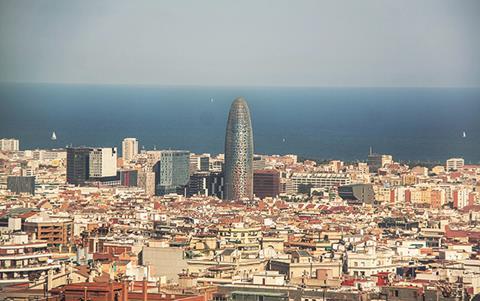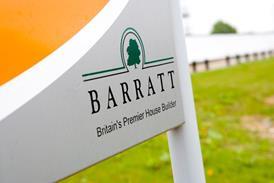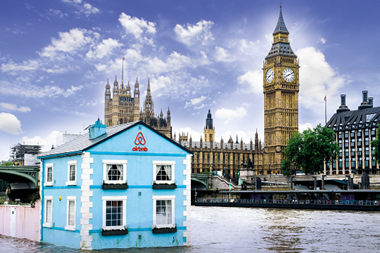As the growth and popularity of Airbnb continues to accelerate at a significant pace, so too does the interest of government and regulators.

The world’s most successful alternative accommodation provider is now valued at more than $30bn globally - yet its meteoric rise has not gone unnoticed by the government, regulators or the hotel industry.
Healthy competition is of course the cornerstone of a vibrant economy, and whilst Airbnb offers a unique and exciting business model, their success has been accelerated by a favourable regulatory landscape. In the UK, for instance, hotels must pay higher business rates and charge VAT on stays, whereas Airbnb providers avoid such complications, whilst receiving some tax breaks.
Arguably a little late to the party, the UK government has signalled its intention to the tighten rules. The Budget outlined proposals to clampdown on this tax loophole and concentrate tax allowances on homeowners using their spare rooms for long-term lodgings.
A consultation taking place over the summer on the “rent-a-room” relief will no doubt please those in the hotel industry who have pressed their case for a level playing field, as well as those who believe Airbnb, through landlords taking available properties off the market, is contributing to the housing shortage in London
International examples
As the government seeks to even this playing field, we must look at how our continental neighbours have sought to regulate Airbnb and other holiday lettings websites.
In Amsterdam, property owners are restricted to renting out spare rooms to no more than 60 days per calendar year, unless the owner has received explicit permission from the authorities. In Berlin, a drive to keep local rents under control saw far more stringent rules come into force last year. It is now illegal for owners to rent out their entire properties for any period unless they obtain a permit. The price of disobedience? Up to €100,000.
Property owners in Barcelona who rent apartments to tourists that are not on the Catalan Tourism Register face fines of up to €600,000 as of last summer. That followed a report commissioned by the City Council which found that 40% of the 15,000 tourist apartments in the city were illegal and having a direct impact on driving up local rental prices.

Finally, in Dublin, the City Council has been told that greater oversight of Airbnb is needed, despite it generating €25m for hosts there alone.
It is often the way that dramatic success goes hand in hand with increased scrutiny and interest. Whilst Airbnb has brought many homeowners welcome extra revenue and provided many holidaymakers comfortable accommodation, its business model needs to be prepared to flex alongside new or expanded regulation.






























No comments yet